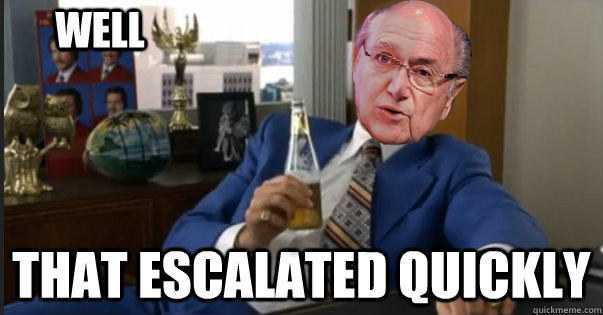

THE escalation or the escalating severity of EPO problems isn't too hard to see; without any sense of shame, for instance, the patent microcosm is promoting illegal software patents (not allowed in Europe) in private (echo chamber event where no dissenting views are permitted/invited). As revealed in their tweets (with photos): "Huge thank you to @Copytwilight, Ana Andrijevic, @MichelJaccard, @bastianbest and @PHeckeler for sharing their views this afternoon at the "AI & Intellectual Property" track @appliedmldays."
"This system is systematically discriminatory (against the small)."Europe has attracted quite an influx of such trolls, as measured by the number of cases filed, especially in Germany.
"Trolls in Dusseldorf, the Eastern District of Europe. At least VW is a large company, they can afford litigation, which is not the case for most of us, small companies," Benjamin Henrion wrote, citing a report from Mathieu Klos about the patent trolls infestation in Europe. The gist of it:
Germany's largest carmaker Volkswagen faces the next lawsuit from an non-practicing [troll] entity. Dutch company Innovative Foundry Technologies filed an infringement suit against VW, Ford and Texas Instuments at the Regional Court Düsseldorf before Christmas. The patent covers a special chip manufactured by Texas Instruments that VW and Ford install in the infotainment modules of their cars.
A Turkish generic company filed an invalidation action against a leading US pharmaceutical originator company in Turkey and requested the invalidation of its patent – a Turkish validation of a European patent granted by the EPO. The opposition proceedings were still pending before the EPO at the filing date of the invalidation action in Turkey. The patent owner subsequently requested a delay of the national proceedings, stating that the patent claims could still be amended during the opposition and appeal proceedings before the EPO.
In what may come as a welcome departure from existing practice, an EPO board of appeal in decision T1085/13 has clarified the conditions under which patents can be granted for known compounds at higher grades of purity.
A leading case concerning purity of materials has been T990/96 where it was held that a document disclosing a compound for the first time ordinarily makes the compound available in all desired grades of purity. EPO practice has been to view the earlier disclosure as novelty destroying to a later claim in which the same compound is claimed at a higher purity. To take an example, a document discloses a new dye, which is manufactured in 90% purity. The position based on T990/96 is to assume that that dye can be purified to all levels of purity by conventional methods and so is made available to the public in all desired grades of purity. Consequently, a later application claiming that dye in 95+% purity would lack novelty over the earlier disclosure.
"Who benefit from this? Certainly not Europe."What we're seeing more evidence of, over time, is the impact of the Battistelli era; patent trolls, software patents, invalidation of European Patents in courts and lack of access to life-saving medicine. Who benefit from this? Certainly not Europe. ⬆